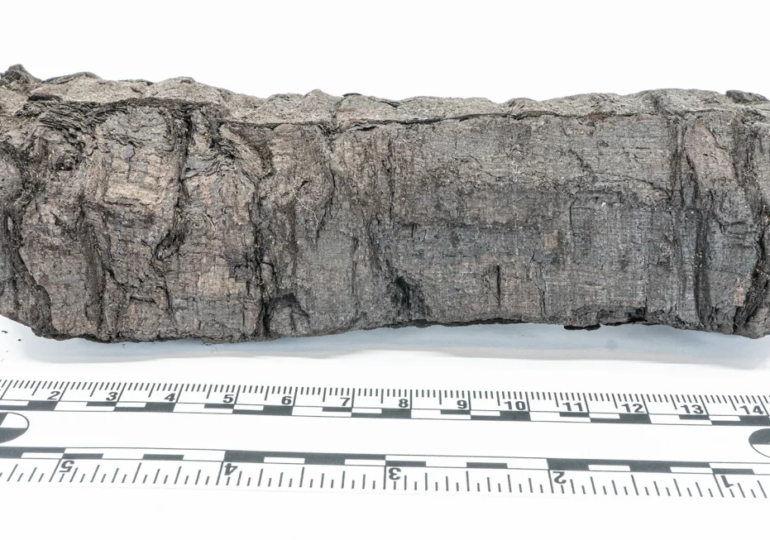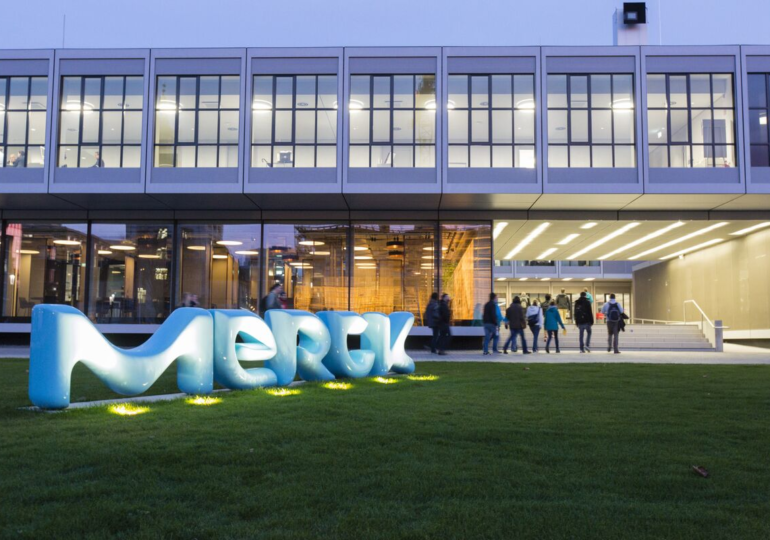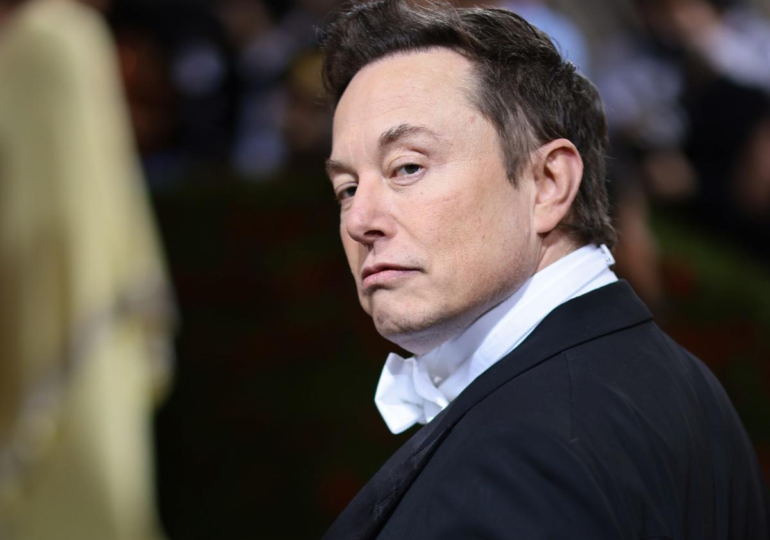OpenAI’s Sam Altman Addresses Recent Executive Departures, Dismisses Links to Restructuring
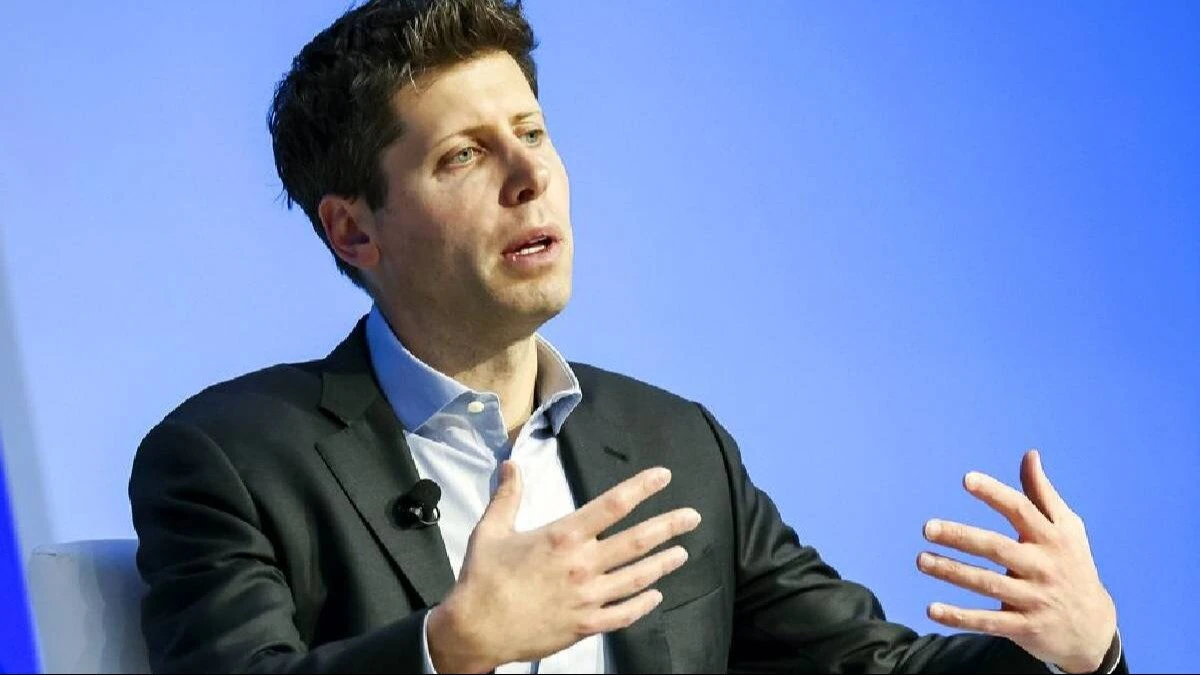
Altman expresses enthusiasm for streamlining operations and enhancing collaboration with technical teams following executive exits.
Sam Altman, the CEO of OpenAI, addressed recent executive departures during a press conference on Thursday, asserting that the exits were not connected to a company restructuring that has been in discussion for several months. This statement came in the wake of significant changes within the organization, including the unexpected resignation of Mira Murati, OpenAI’s chief technology officer, along with two other senior research executives, Barret Zoph and Bob McGrew. Their departures raised eyebrows within the tech community, leading to speculation about the stability and direction of the company.
In his remarks, Altman praised the contributions of the departing executives, emphasizing their roles in shaping OpenAI’s innovations and successes. He expressed a sense of excitement about simplifying the company’s structure, indicating that this move would facilitate closer collaboration with technical staff. The CEO noted that working directly with engineers and researchers would foster a more agile and innovative environment, which is essential for maintaining OpenAI’s competitive edge in the rapidly evolving AI landscape.
The timing of the departures coincided with reports suggesting that OpenAI was contemplating a significant restructuring of its business model. According to these reports, the company is considering transitioning to a for-profit benefit corporation, which would alter its governance and potentially make it more appealing to investors. This shift could allow OpenAI to attract more funding and resources, critical for continuing its research and development efforts in artificial intelligence.
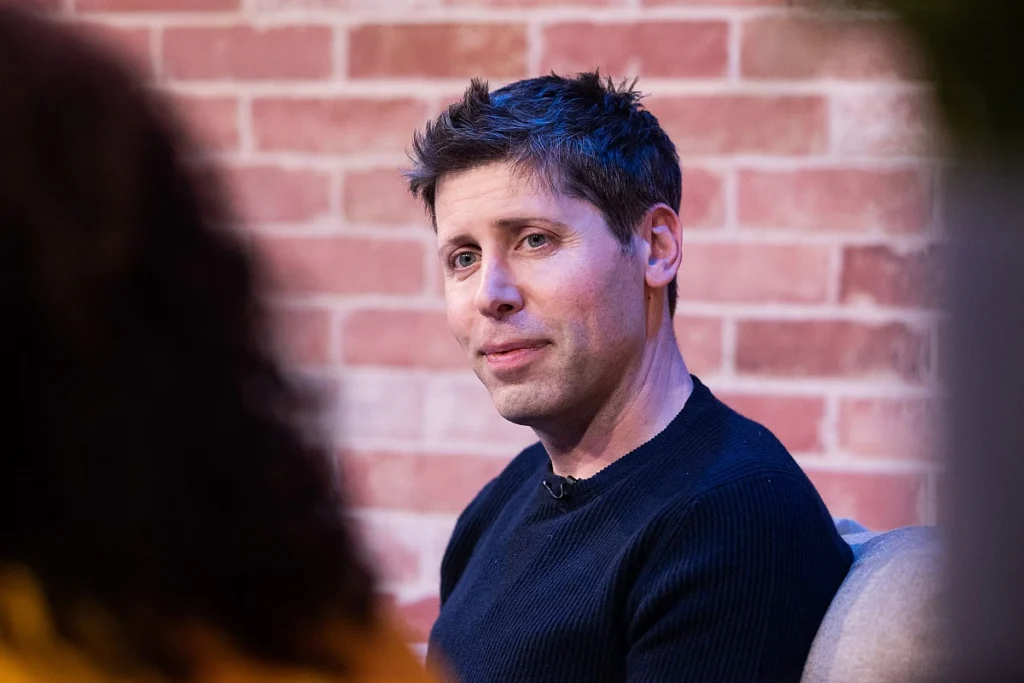
Despite the potential restructuring, Altman reiterated that the board had been weighing these changes independently of the recent executive exits. He clarified that the departure of Murati, Zoph, and McGrew was a personal decision for each of them, and he respected their choices. Altman’s comments aimed to reassure stakeholders that the company remains stable and focused on its mission, despite the turnover in leadership.
The conversation around OpenAI’s restructuring reflects a broader trend within the tech industry, where companies are increasingly exploring flexible business models to meet the demands of investors and the marketplace. By transitioning to a for-profit benefit corporation, OpenAI could enhance its ability to secure capital while balancing its commitments to ethical AI development. Altman acknowledged the complexities involved in this transition, but he remains optimistic about the company’s future.
As OpenAI continues to navigate these changes, the tech community will be closely monitoring how the organization evolves its strategy and operations. The departure of key executives could lead to a reshaping of the company’s leadership dynamics, but Altman’s focus on collaboration and innovation may well serve as a guiding principle in this transformative phase.


